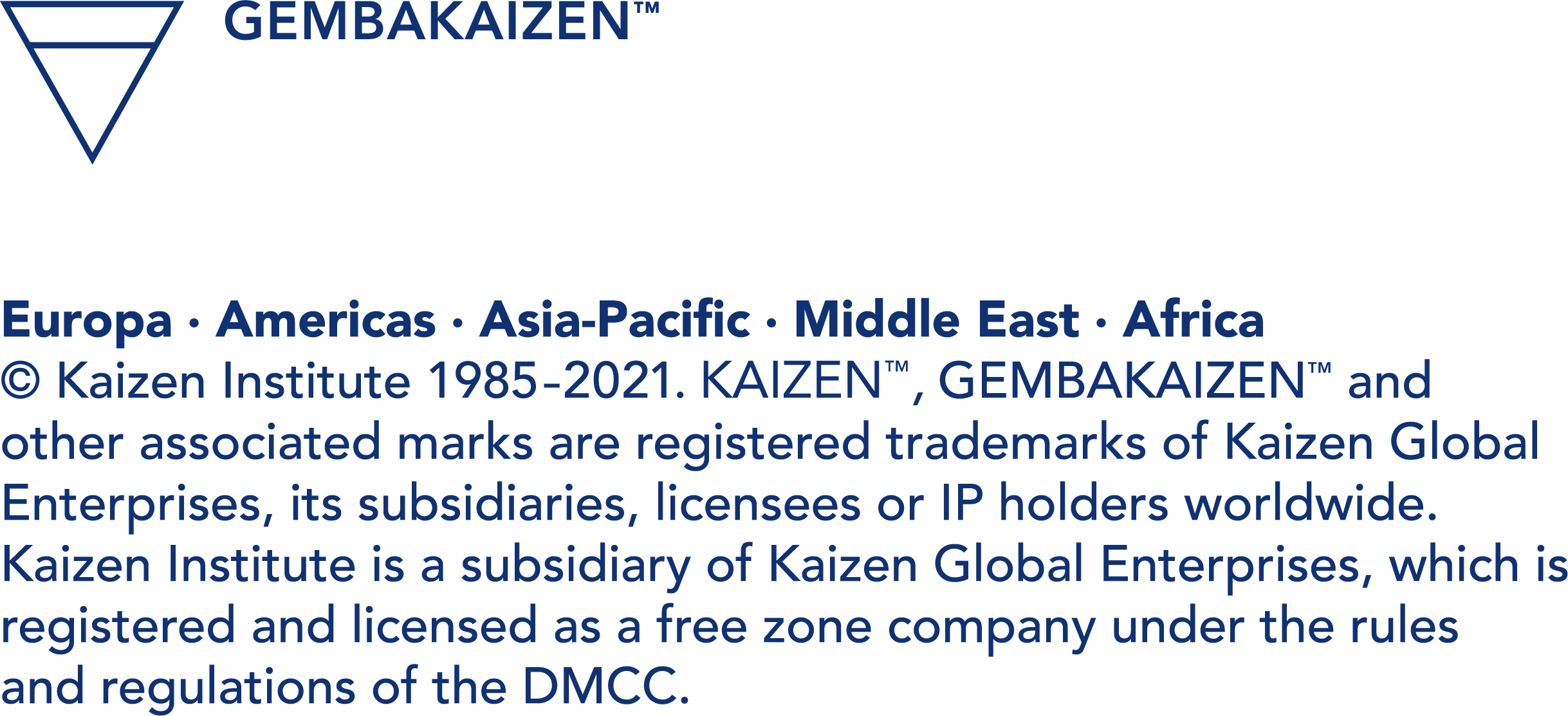Today let us see one case study on “Application of Golden Rules” and how it can help in achieving Operational Excellence or Business Excellence.
Case Study
Let me explain how these golden rules have been applied in my own experience. The fax is becoming an indispensable business tool. As a KAIZEN™ consultant who spends more than half of his time traveling
around the world, I do not know how I would accomplish my business without faxes. During a recent hotel stay lasting a few days, I had a series of problems with the way the hotel handled incoming faxes. I was supposed to have received an urgent fax from Tokyo. When I called my executive assistant there, I was assured that the transmission had gone through a few hours before. As the document had not been delivered to me, I had to inquire at the front desk. The person at the desk was sure that no fax had arrived for me. Earlier, at this same hotel, I had received several faxes addressed to me, together with several meant for somebody else. I was so annoyed that I finally asked myself what I would do if I were the general manager of this hotel and received many complaints from customers
on the way employees handled faxes. My conclusion: Apply the golden rules, by all means!
So I put myself in the shoes of a hotel manager interested in applying gemba kaizen. The first step was to go to gemba, in this case the lobby. I stood on an elevated platform in a corner of the lobby (but did not draw a chalk circle), and stayed there a few minutes watching attentively how people at the front office handled faxes. It did not take five minutes to find out that there were no special procedures! For instance, there was no fixed place to store the incoming documents (no standard). Some employees put them in the key boxes. Others left them on the desk. Still others put them wherever they found a
space. Also, when the fax papers (gembutsu) came out of the fax machine (another gembutsu) in the reverse order of pages, employees didn’t even take time to put them in the right order. This appeared to be the reason somebody else’s faxes were delivered to me along with my own.
If I had actually been the hotel’s general manager, I would, after observing this situation, have called a meeting with the gemba people and asked them to work out procedures for handling faxes. We might have agreed that the documents’ pages should be arranged in the right sequence and that all incoming faxes should be placed in the key boxes, for example. We might also have arranged to record the times that faxes were delivered to guests (standardization) to avoid any arguments over whether or not a guest received a fax. Discussing and agreeing on the new procedures would probably have taken no more than half an hour. (This is the essence of “Go to gemba and do it right away.”) The agreed-upon procedure would then be consistently followed. In response to problems or customer complaints,
the procedure could be refined, so that the hotel’s fax handling system could be continuously improved over time.
In case you missed it, my last post was What is MUDA? Part II of II.
And, if you wish to read & learn more from our blog, click here to follow our blog by subscribing the same.
Acknowledgement: GEMBA KAIZEN™ book by Masaaki Imai


.jpg)









